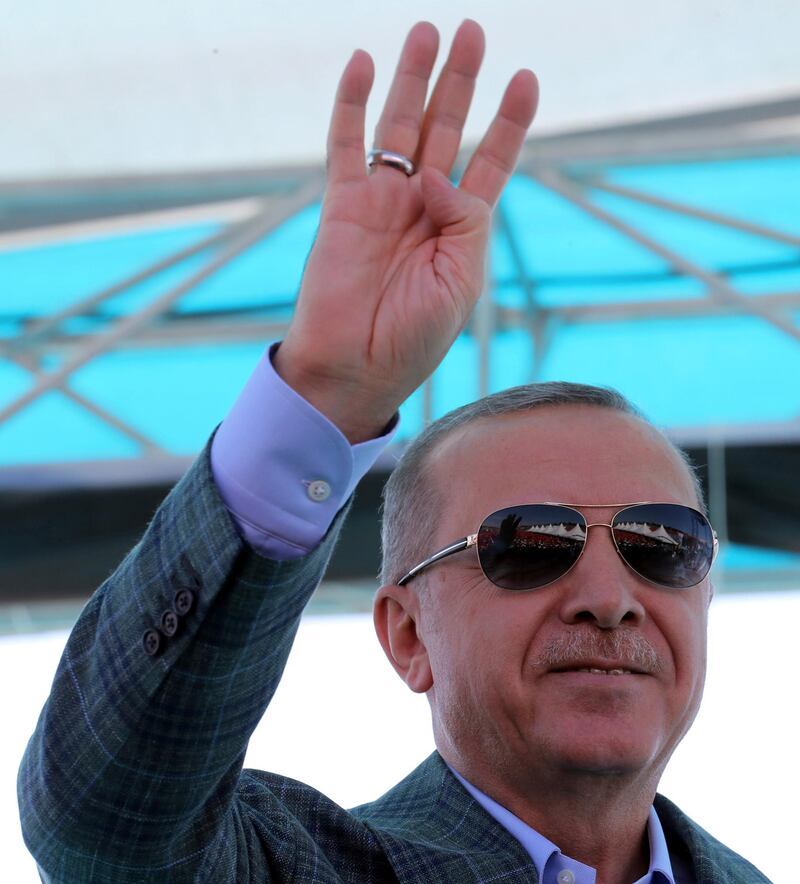A fragile truce has, temporarily, brought a reprieve to the streets of Idlib from Russian and Syrian regime bombing after months of relentless shelling. Yet the threat of renewed bloodshed looms over Syria as Turkey has once again announced plans to attack Kurdish-held areas in north-eastern Syria. Last month Turkish President Recep Tayyip Erdogan warned he was bent on destroying what he claimed was a "terror corridor" along its Syrian border. The enemy Mr Erdogan was referring to was not the Global Coalition's target of ISIS, nor the Syrian regime's main opponent Al Qaeda-linked Hayat Tahrir Al Sham. The targets in his crosshairs are the Kurdish militias who rule over northern Syria, chief among them the US-backed Syrian Democratic Forces (SDF), a coalition that led the fight against ISIS and helped defeat the extremist group in its last stronghold of Baghouz in March. And after the US has followed through on its pledge to withdraw most of its troops from the country, its Kurdish allies will be left vulnerable to Turkish attacks. They have had cosy understandings with the Syrian regime but the Damascus government has been tempted to change the equation.
Ankara considers the People’s Protection Units, or YPG, which dominates the SDF, to be a terrorist organisation because of its affiliation with PKK militants within Turkey’s borders. A frustrated Mr Erdogan insists he will embark on his crackdown amid claims the US has failed to clear the buffer zone on the border of Kurdish forces as it promised. But this bravura is an exercise in flexing his muscles; it has little to do with counter-terror efforts and everything to do with domestic politics. It represents a golden opportunity for Mr Erdogan to deflect attention away from the economic crisis that has crippled the Turkish economy and wiped 30 per cent from the value of the lira. Instead of reassuring spooked investors, the president’s bullish response last month was to sack his central bank governor, a move which followed the nepotistic appointment of his son-in-law as finance minister last year. As the lira continues to plummet and discontent starts to grow, his popularity at home is waning. In June, the AKP lost the mayoral election for a second time in Istanbul, the city that launched Mr Erdogan’s political career. Its relations with its Nato ally the US have also badly deteriorated after a dispute over Turkey’s defiant purchase of the S-400, a Russian missile defence system that is not compliant with Nato rules. Even Mr Erdogan’s erstwhile comrades have criticised his policies.
Another offensive in Syria will not counter terrorism. On the contrary, it will put civilian lives at risk and cause further chaos. Mr Erdogan seems unconcerned by this eventuality, as long as the offensive keeps Turks distracted from problems at home. But while he is keen to project a strongman image abroad, his domestic woes are the Achilles heel which could prove his undoing.





